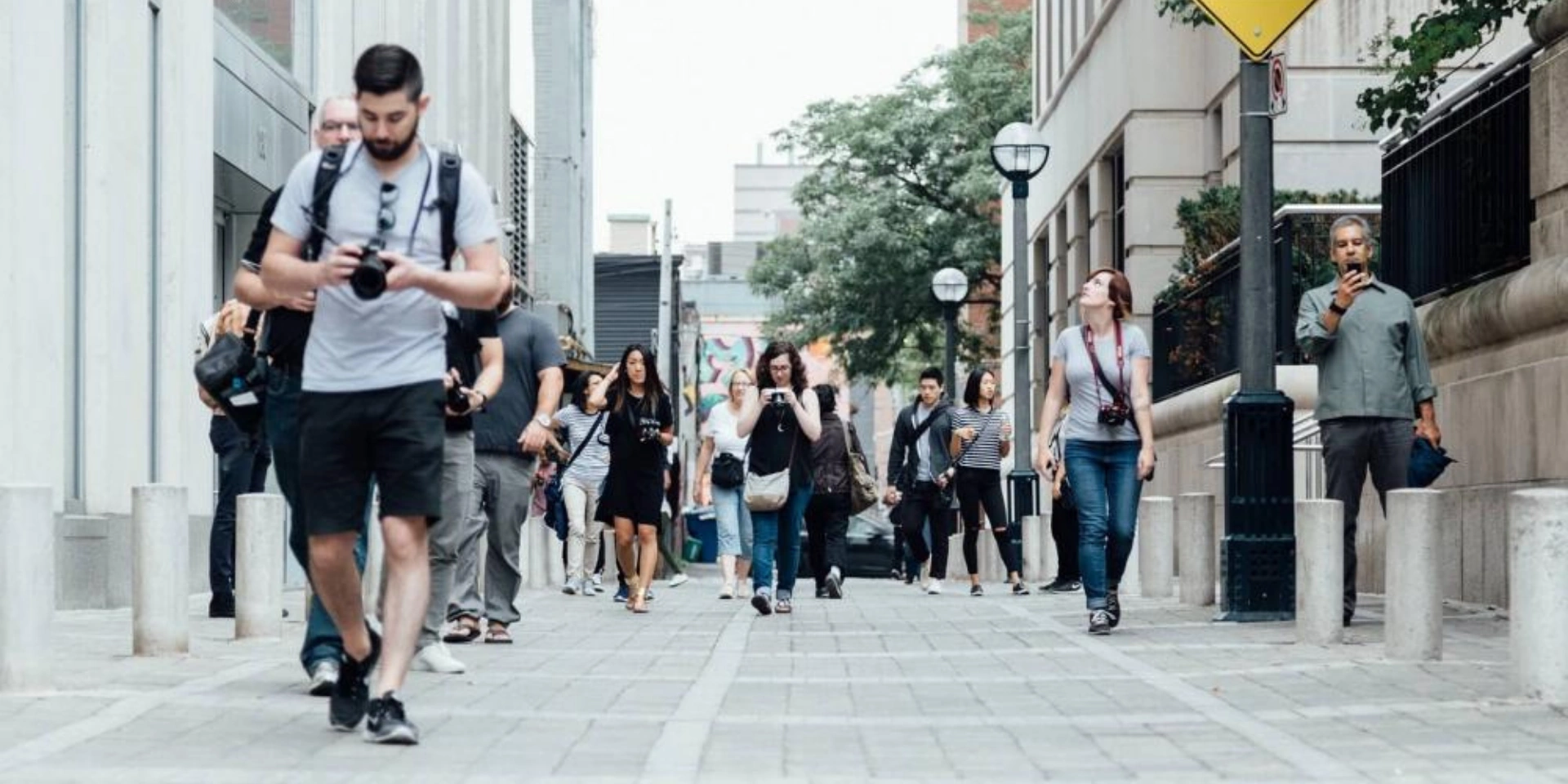The relationship between the Dutch and Germans has often been marked by cultural misunderstandings and stereotypes. This dynamic can be seen vividly in discussions that emerge on platforms like Reddit, where users share their experiences, perceptions, and frustrations regarding their neighboring country. The comments presented in this discourse reveal a complex interplay of admiration, annoyance, and cultural identity, highlighting how each group perceives the other.

Language barriers and expectations
One of the most significant points of contention in the discussion revolves around language. The Dutch, known for their proficiency in multiple languages, often feel a sense of frustration when Germans do not reciprocate by learning Dutch. A Reddit user noted, “I find it odd that Germans always expect us to speak German while they can’t speak a word of Dutch (which I sometimes do experience).” This sentiment illustrates a common stereotype: that Germans are often less willing to learn the languages of their neighbors.
Conversely, many Germans assume that their Dutch counterparts should be able to speak German without issue, given the geographic proximity and historical ties. This expectation can lead to misunderstandings, with Dutch speakers feeling pressured to accommodate their German neighbors. As one commenter stated, “It is completely normal that Germans expect us to speak German since the Netherlands is known for speaking multiple languages.” This highlights the perceived imbalance in linguistic expectations, where the Dutch are seen as more adaptable, while Germans are viewed as rigid in their language approach.
Cultural quirks and habits
Cultural perceptions also play a significant role in shaping the relationship between the two nations. For instance, the Dutch have a reputation for being straightforward, which can come across as brusque to the more reserved Germans. One commenter remarked, “We joke about the Dutch being direct and Germans being too uptight,” underscoring the stereotype that Dutch people are more open and frank, while Germans are seen as meticulous and formal.
In terms of daily life, some users expressed their annoyance with certain German behaviors. For example, one person mentioned, “German drivers annoy me; they often drive unnecessarily in the middle lane on the highway.” This reflects a broader stereotype about German efficiency clashing with Dutch expectations of road etiquette. The differences in driving habits can serve as a microcosm of larger cultural dynamics at play, where the Dutch perceive German drivers as inconsiderate, while Germans may view Dutch road behavior as chaotic.
Mutual appreciation
Despite the criticisms and stereotypes, there is also a thread of mutual respect and appreciation evident in the comments. Many users acknowledge the positive traits of their neighboring culture. One commenter expressed, “I generally find Germans friendly and polite, especially in retail.” This shows that, while there may be frustrations, there is a recognition of the positive aspects of German culture, such as their politeness and friendliness.
Furthermore, the shared history and economic interdependence between the two countries foster a sense of kinship. As one commenter noted, “We are closely connected through trade and cultural exchange, which makes these stereotypes somewhat silly.” This reflects a growing awareness that despite the differences, the two nations share a bond that transcends cultural misunderstandings.
Moving beyond stereotypes
As these discussions illustrate, confronting stereotypes between the Dutch and Germans requires both sides to acknowledge their biases and engage in open dialogue. Users on Reddit often share personal anecdotes and experiences that serve as a bridge between cultures. By recognizing their shared history and celebrating their differences, both nations can move towards a more nuanced understanding of one another.
In conclusion, the relationship between the Dutch and Germans is characterized by a rich tapestry of stereotypes, frustrations, and appreciations. By actively confronting these stereotypes and promoting understanding, both nations can foster a more harmonious coexistence, enriching their cultural landscape in the process. As one insightful commenter put it, “At the end of the day, we all share the same region, and it’s important to find common ground.”









